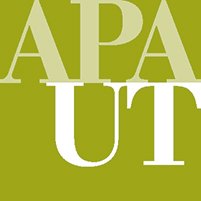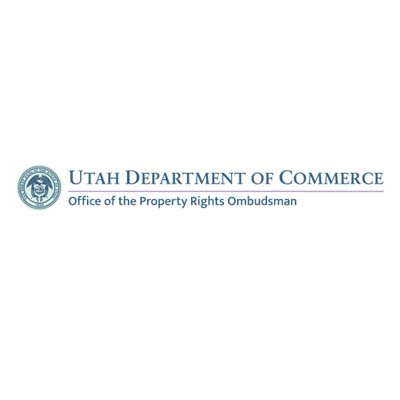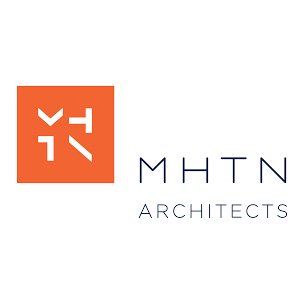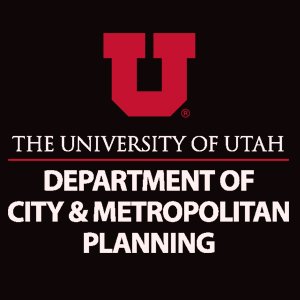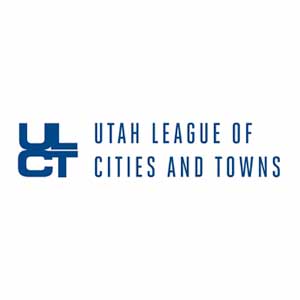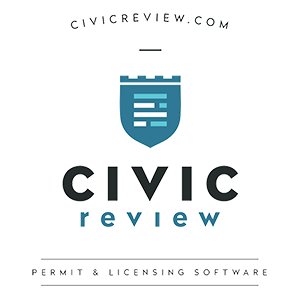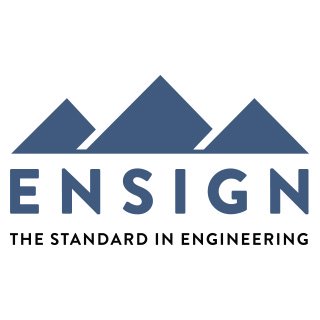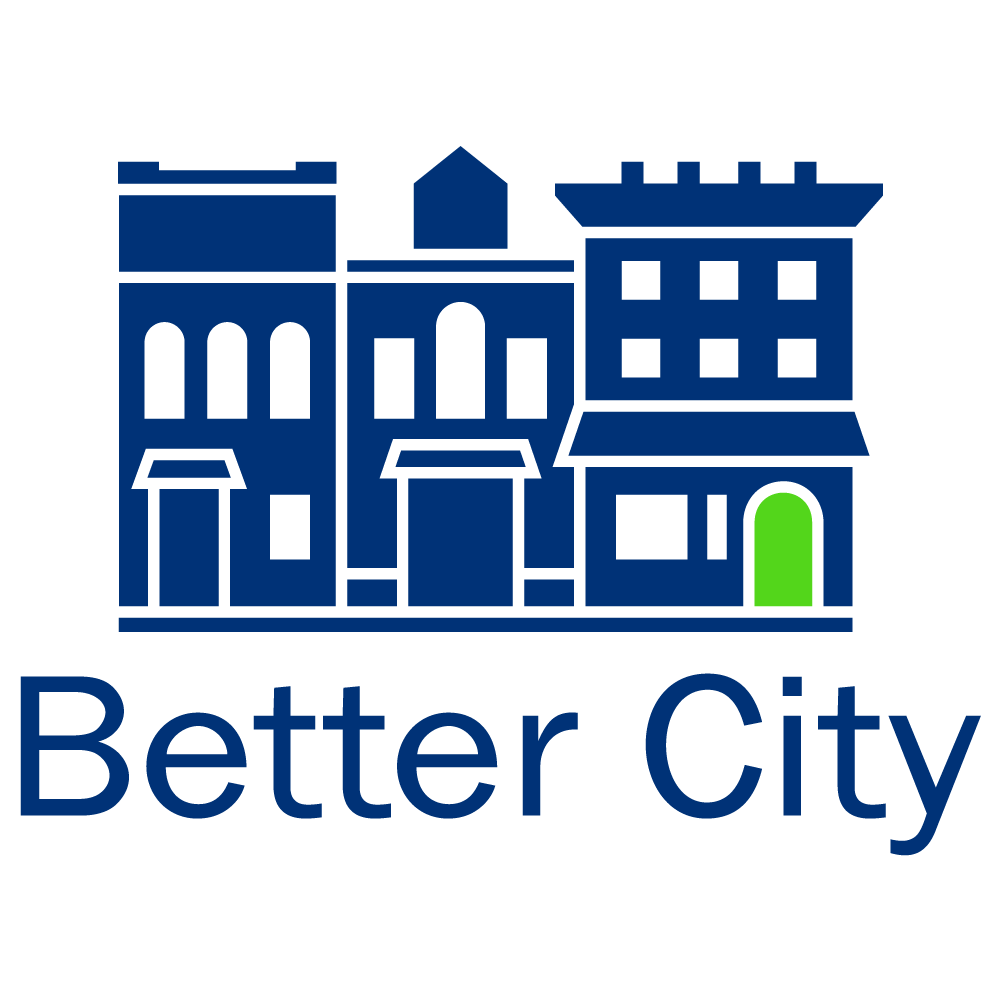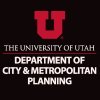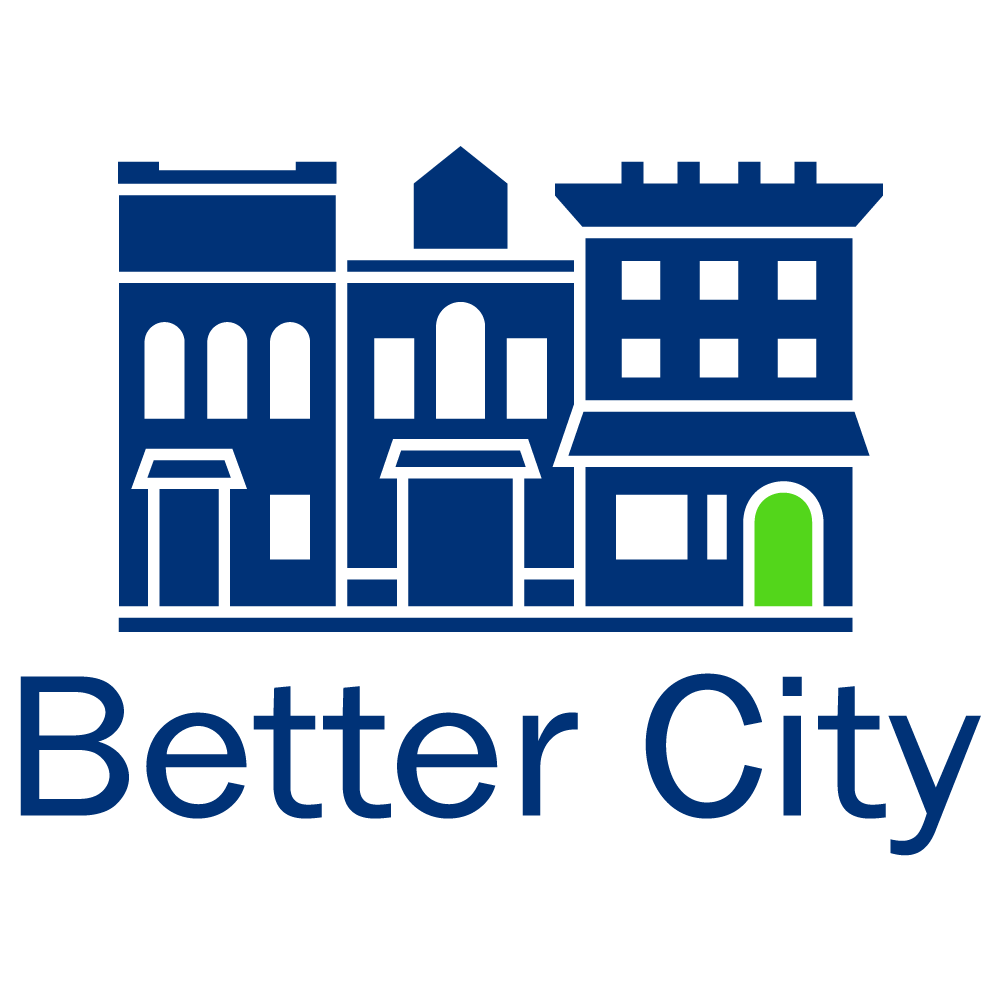What to know about residential care facilities in your neighborhood
March 3, 2022 by admin
Policy/Legislative

From senior living to sober living, group homes make living with a disability more bearable. (Trinity Nguyen/Unsplash)
By Collin Leonard | c.leonard@mycityjournals.com
An assisted living center in Midvale was recently shut down for unsafe sanitary practices. It was reported that the Salt Lake County Health Department was forced to condemn Evergreen Place after numerous code violations were found, including raw sewage backing up into the house. The house was unlicensed as a residential care facility, and the health department became aware of this facility the same week it was shut down.
Events like these force the public to take a closer look at the relationship between their cities and these types of residential care centers near them.
Coincidentally, a city council discussion on the licensing process of residential care centers in South Jordan took place in January. City Attorney Ryan Loose proposed updating the ordinance dealing with licensing requirements for these specific facilities and placing it as its own title in the city code, but not significantly changing the process as it stands. His presentation merits discussion on how care centers are operated in South Jordan, to clarify common misconceptions the public may have.
National and state fair housing legislation allows the operation of residential facilities for persons with a disability. The centers offer supervised room or board for persons with “emotional, psychological, developmental, or behavioral dysfunctions, impairments, or chemical dependencies” according to South Jordan Municipal Code (SJMC) 5.62.020. This could take the form of assisted care facilities, social detoxification services, substance abuse treatment programs and more. Residents of South Jordan might live near one of these facilities occupying houses in neighborhoods throughout the city.
While some residents have expressed uneasiness about living in close proximity to individuals with histories of substance abuse or possible prior criminal records, each resident of a facility undergoes continuous assessment and must not constitute a direct threat to the health or safety of others.
“As a general rule, we have not had anything glaring coming from these that is changing the character of a neighborhood,” Loose said in reference to possible relationships between crime incidents and drug rehabilitation facilities. “The purpose of allowing facilities in residential areas is for the benefit of the individuals receiving treatment.”
In 2000, The Corporation of the Episcopal Church v. West Valley City was the first major case in Utah where The Haven, a not for profit organization providing alcohol and drug rehabilitation services for residents of Salt Lake County believed the denial of a residential facility license was in conflict with the Fair Housing Act. Though public opposition to this care center was overwhelming, the city admitted there was no evidence that residents of The Haven were more likely to engage in criminal activity than any other resident in the community. Additionally, it was found the city’s denial of the permit was in violation with the city’s obligation to make a reasonable accommodation for those with disabilities.
Loose sums up the ordinance by saying “the law starts with the perspective that these are just humans with disabilities that want to live in a group setting so that they can get better from their disabilities.”
Residents still may have trepidation about a center near them, however, it benefits the community to support citizens with disabilities and their right to housing in residential areas.
Recent News
- » Hurry, it’s the final week to grab your conference tickets at regular prices!
- » 2024 APA UT Spring Conference: Cedar City, UT. The Call For Sessions is Currently Open.
- » As Post District nears its grand opening, only some restaurants will be ready
- » Planning in the news: BYU students aim to eliminate parking woes through AI tracking system
- » Planning in the news: Living in Daybreak- What residents say the Utah community is really like
- » Planning In The News: Planning Commission green lights proposed ban on gas stations near waterways and parks

